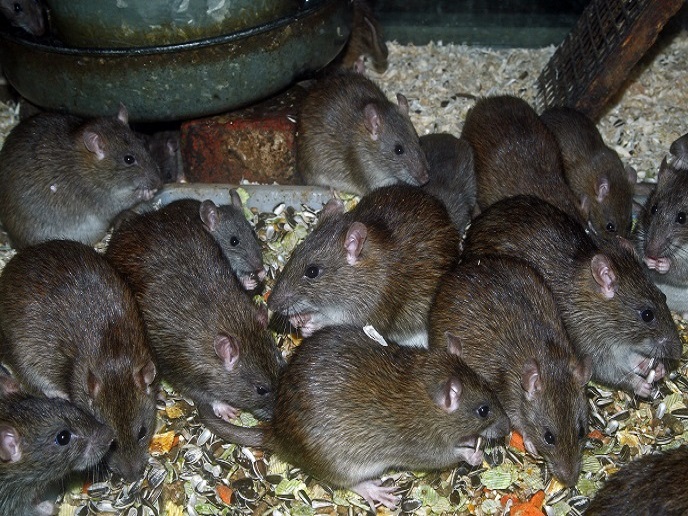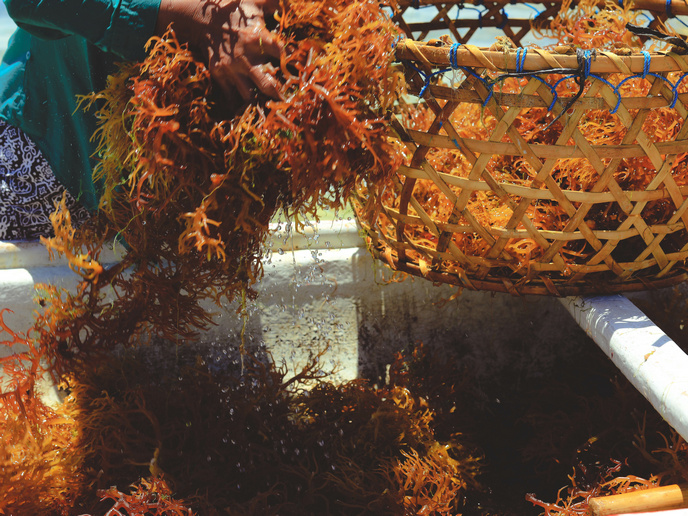Humane plug-and-play rodent control
A first of its kind, the PiedPiper(opens in new window) initiative developed a novel pest control solution that doesn’t rely on ingestion by the rodent. This device incorporates an aerosol that delivers a metred dose that can kill the rodent in one application. Comparison with other current rodent solutions The toxin passes through the skin, and a quick, humane death results within 48 hours – compared to weeks with currently available multi-feed anticoagulants. As a result, future populations of rodents will not develop resistance to the new toxin. “Our low-cost formulation is based on cholecalciferol, lethal to rodents but safe for humans and other species. Proven 100 % effective in independent trials, it leaves no environmental residues,” outlines project coordinator Steve Goode, managing director of Biotronics Ltd. “Whilst our technology is complex, its application and use are very simple – plug and play, set and forget,” emphasises Goode. Costs of running the units are significantly lower than snap traps or electrocution systems as these units have to be rebaited and reset after each kill, increasing CO2 footprint. Compared to anticoagulants, PiedPiper chemicals do not leave residues for 40 years – indeed the main toxin leaves no residue whatsoever. Overwhelming confirmation of viability and technology demand Project researchers produced a feasibility study looking at the PiedPiper technology and how it fits in with the current and future market requirements of rodent pest control. The main conclusion was that anticoagulants are time-limited in European and Australian/ New Zealand markets. There is also pressure in the United States (US) to reduce the dependency on anticoagulant products as they no longer provide reliable or effective control. An intellectual property (IP) audit concluded that Biotronics Ltd has current IP in Australia, the first country to approve the transdermal rodenticide technology, and now major regions will follow. “We also did an evaluation of what the US market would be worth with our patent based on figures from our proposed distributor – the independent valuation came out at GBP 16 million or EUR 18 million,” states Goode. As extra confirmation of the potential demand for PiedPiper technology, the Predator Free New Zealand project(opens in new window) is aiming to eradicate all invasive species from the country by 2050. “We therefore see enormous potential in the PiedPiper system and have formed Biotronics Australasia to exploit this opportunity,” explains Goode. Next steps – rodent control of the future PiedPiper technology has been confirmed as patentable by an independent patent audit. The next steps will be to commercialise the technology in the EU, Australasia and the US. Project members are in discussion with a number of large pest control companies to partner with Biotronics to exploit this technology in an estimated EUR 20 billion-plus international market. “We will be applying for an SMEI Phase 2 grant in 2019 from our new EU-based company in Ireland,” adds Goode. The PiedPiper rodent control technology can also be adapted to control populations of other pests. Goode concludes with his vision for future rodent control: “Wildlife protection is high on our agenda as current rodent control chemicals do not take into account different species. We will soon have a system to identify the species and decide if it is a target or a conservation species. Appropriate treatment can then be applied.”







